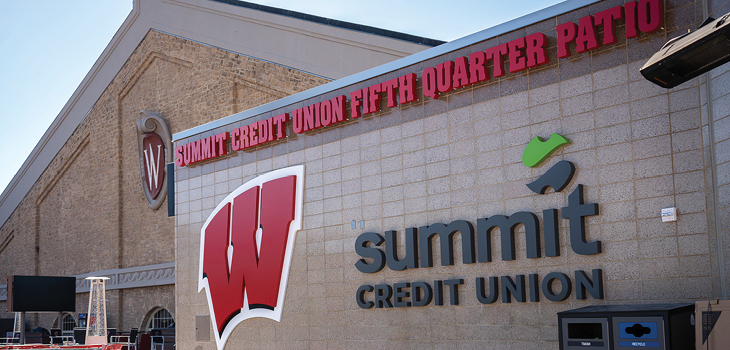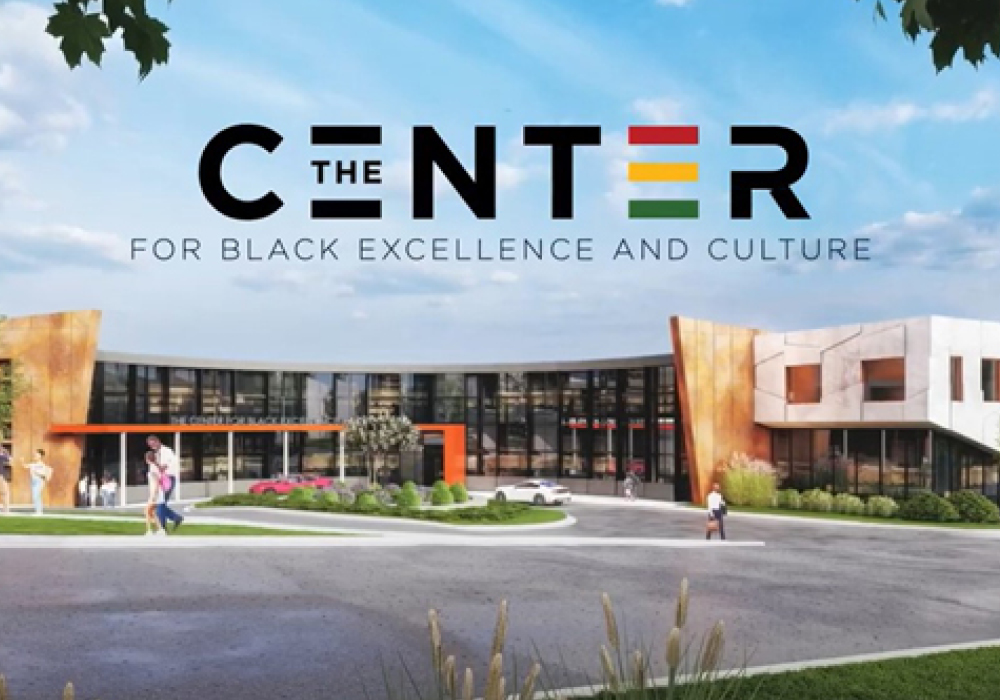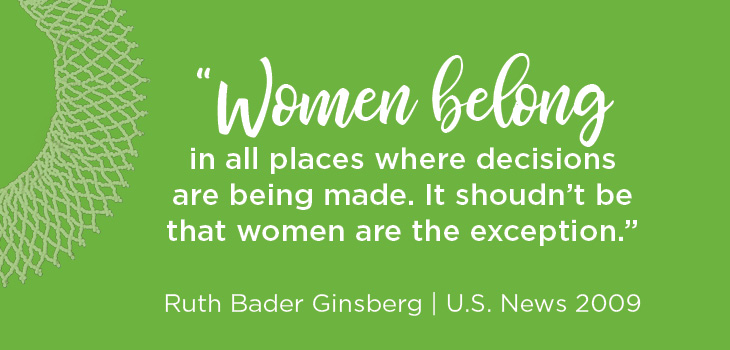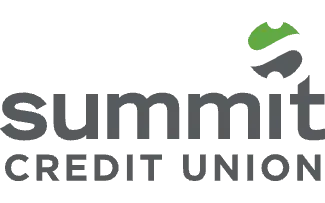8 Money Habits To Adopt Now
News
Bold Plans, Extraordinary Giving Are Forging A New South Madison
News
Click here
Gov. Tony Evers announced awards
regional workforce training center
opened in the fall of 2019
One City Schools
Center for Black Excellence and Culture
Centro Hispano
Capitol East neighborhood
-
Black Business Hub and the Village on Park: $19.8 million through land transfer and tax incremental financing (TIF) support -
One City Schools: $300,000 toward purchase of 2021 Fisher St. for preschool -
Center for Black Excellence and Culture: $250,000 in predevelopment funding -
Centro Hispano: Plan to transfer city property for new facility and purchase Centro's existing site to generate capital for its new project -
Truman Olson redevelopment on South Park street: Facilitating grocery store at project; $1.4 million toward low-cost housing; extended Cedar Street -
Land purchases: Invested $3.9 million to buy land to slow displacement and gentrification -
Movin' Out: $980,000 to support low-cost housing -
Bridge-Lakepoint-Waunona Neighborhood Center: $2 million to support new facility -
Penn Park: $2 million for improvements -
South Madison Plan: Adopted in January, anticipates hundreds of millions of dollars in redevelopment and improvements and a mini-neighborhood including detached, single-family, owner-occupied homes along Wingra Creek and a redeveloped gateway at Badger Road and South Park Street
-
Center for Black Excellence and Culture: $810,000 -
Black Business Hub: $2 million -
Centro Hispano: $2 million for new facility
-
Center for Black Excellence and Culture: $5 million -
Black Business Hub: $5 million -
Centro Hispano: $4.85 million for new facility

Summit Credit Union Signs NIL Deals With UW Student-athletes

Bold Plans, Extraordinary Giving Are Forging A New South Madison

Summit Tops Mortgage Lenders in Wisconsin

Bold Plans, Extraordinary Giving Are Forging A New South Madison

Bader Ginsberg Deserves Credit For Women's Financial Independence





Featured Products
Financial Education
About
Help & Support





Stay on SummitCreditUnion.com
Go
Consumer Financial Protection Bureau's website.



